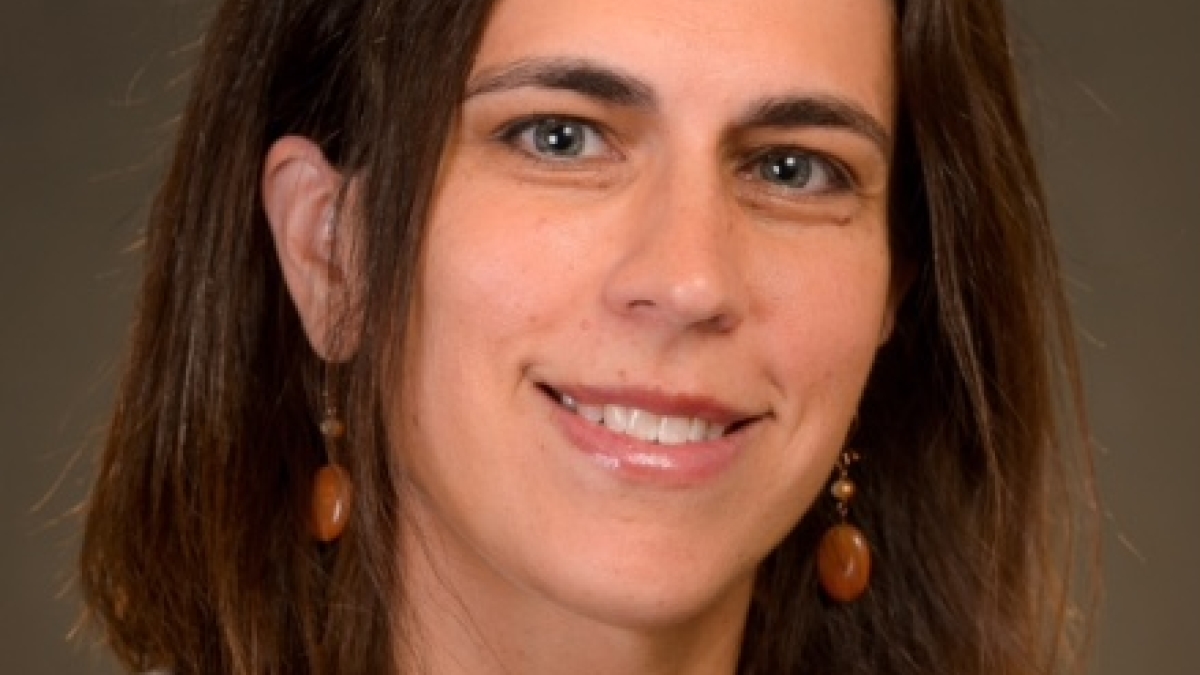ASU professor lands NIMH grant for innovation in educational pedagogy

Sabina Low
Research on peer learning, led by Arizona State University Associate Professor Sabina Low, has earned the highly regarded National Institute of Mental Health (NIMH) Director's Transformative Research Award.
The award is reserved for “groundbreaking, exceptionally innovative, original and/or unconventional research with the potential to create new scientific paradigms.”
Peer victimization, loneliness, mental health struggles and engagement in learning have long been enduring challenges for older adolescents, and since COVID-19, these concerns have only been amplified.
Peer learning is a set of evidence-based, small-group instructional techniques that have reliably been shown to have strong positive effects on student behavior, academic achievement, social-emotional skills and mental health. Peer learning shows stronger effects for disadvantaged and underrepresented students, helping to close the achievement gap and foster school environments that are supportive for diverse students.
The benefits of collaborative learning are highly dependent on the quality of delivery and adherence to theoretical tenets. However, teachers struggle in day-to-day practice to deliver small-group lessons with the essential ingredients to be optimally effective.
So, Low and other study investigators developed a web-based platform — PeerLearning.net — to provide an accessible, affordable tool for teachers to consistently deliver high fidelity small-group lessons using existing academic lessons.
Along with collaborators at the University of Oregon and the University of Wisconsin-Madison, the five-year study will involve 24 ethnically and socioeconomically diverse high schools. Low and her collaborators will then evaluate the feasibility and effectiveness of this delivery format, refine it and make it scalable.
Low is honored and excited about the grant and what lies ahead.
“We hope to bring tools to classrooms to make it easy for adolescents to get socially connected in positive ways,” she says.
“Through PeerLearning.net, everyday instruction can be translated to empowering experiences that catalyze academic engagement and positive peer relationships. If the platform and processes are as impactful as pilot data, there is incredible potential to diversify target populations and outcomes.”
For media inquiries, contact Sabina Low at sabina.low@asu.edu.
More Science and technology

Newly identified viruses found in dolphins
In a new study, researchers from Arizona State University together with national and international collaborators have identified…
ASU Interplanetary Lab celebrates 5 years of success
Five years ago, an Arizona State University student came up with the idea of creating a special satellite in what was then the…

ASU secures NSF grant to advance data science literacy as demand soars
In an era where data permeates every facet of our lives, the importance of data literacy cannot be overstated. Recognizing this…

